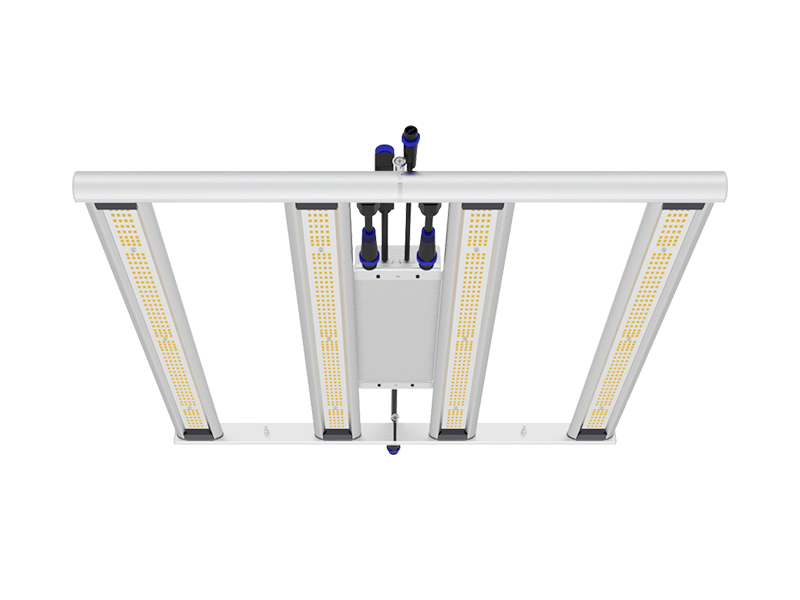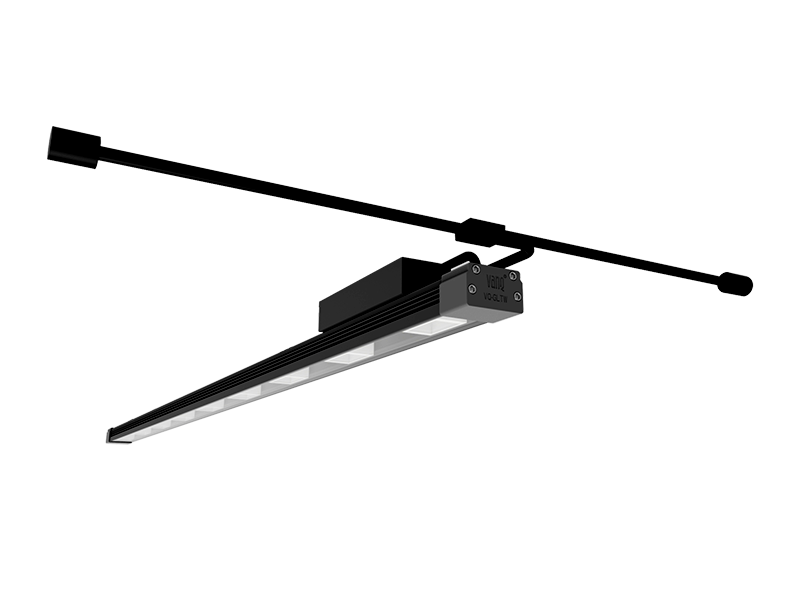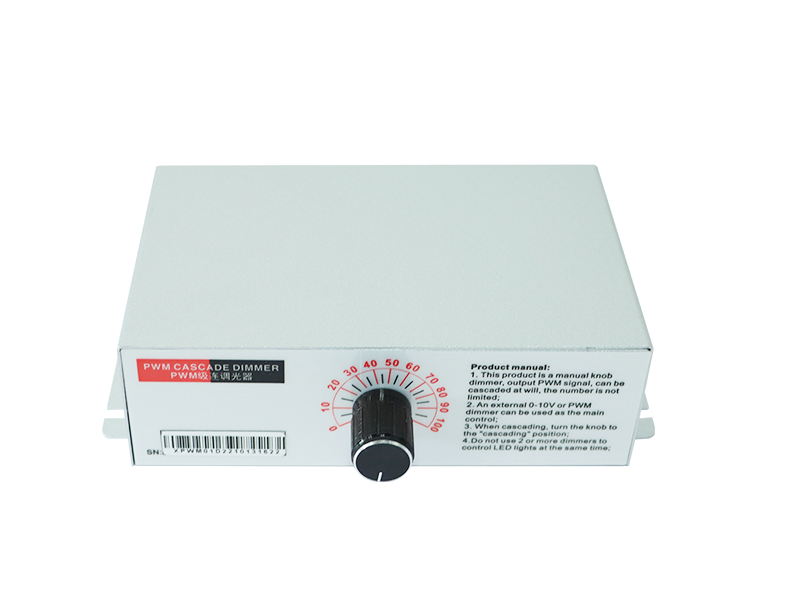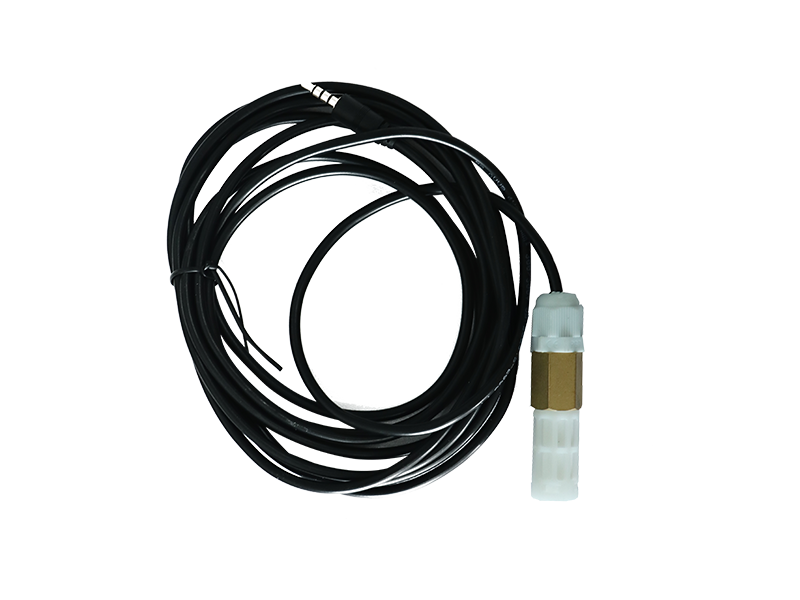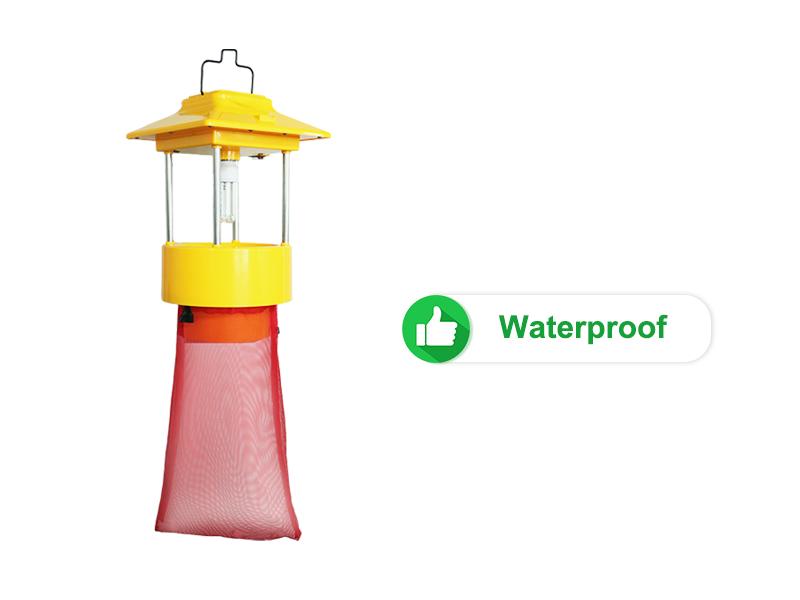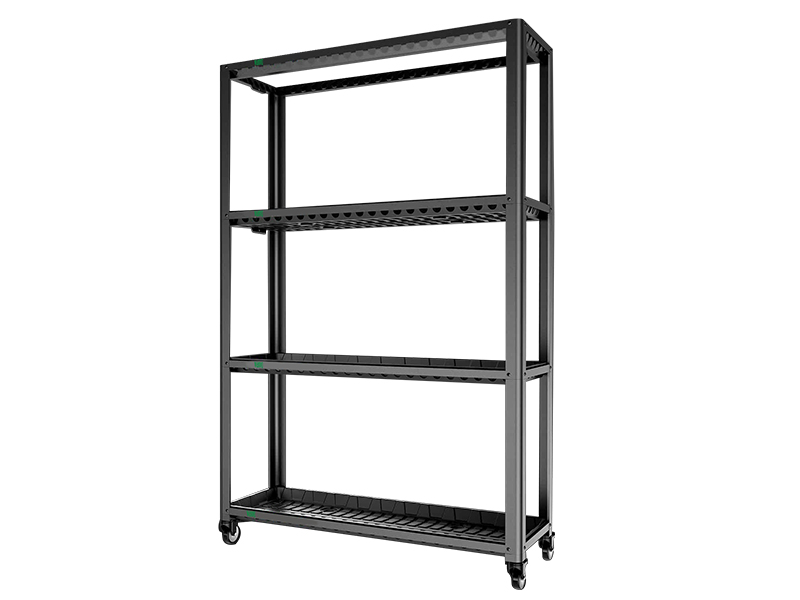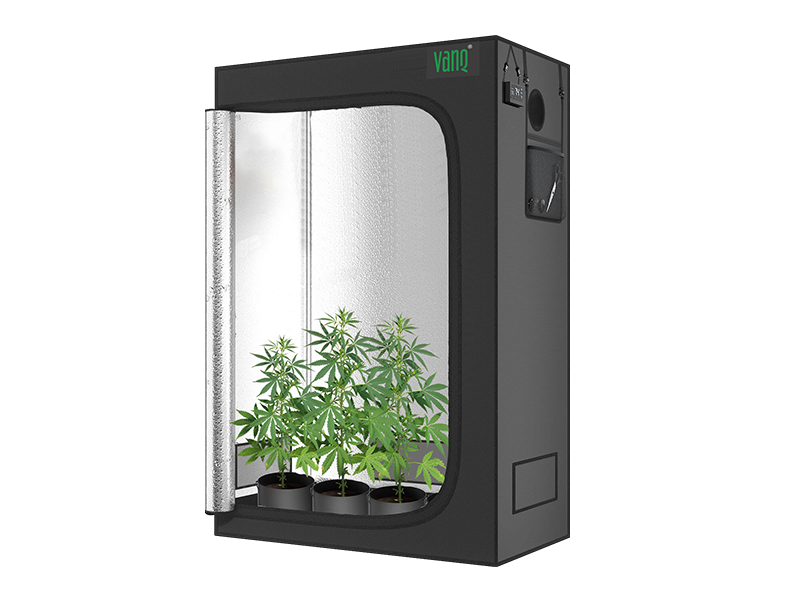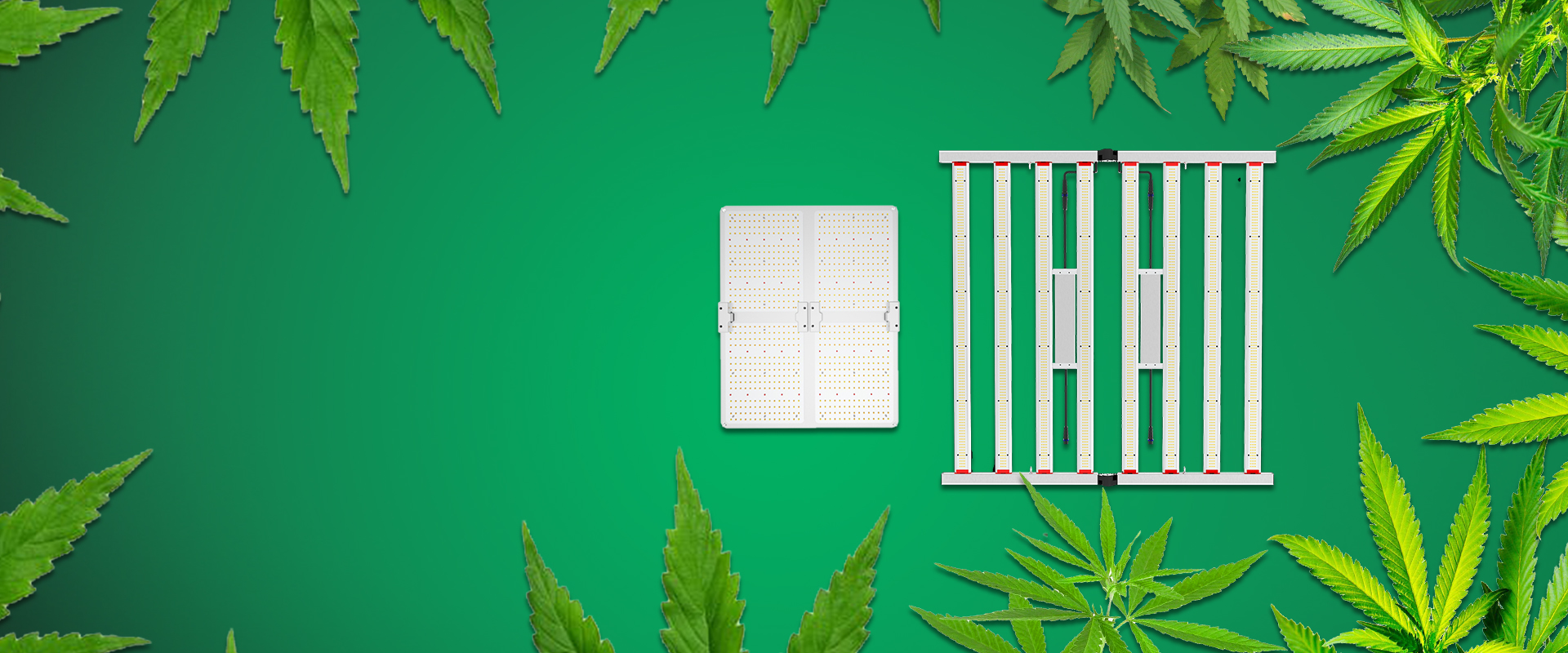In the context of globalization, the legal status of cannabis cultivation has become an issue of great concern. Attitudes and legal regulations regarding cannabis vary from country to country, reflecting differences in local political, social and cultural environments.
Legal status and historical evolution:
From a historical perspective, cannabis was once considered illegal in many countries. However, in recent years, Canada, Uruguay, some U.S. states, and others have begun legalizing the medical and recreational use of cannabis. The change reflects changing public attitudes and increased awareness of cannabis's potential medical value.
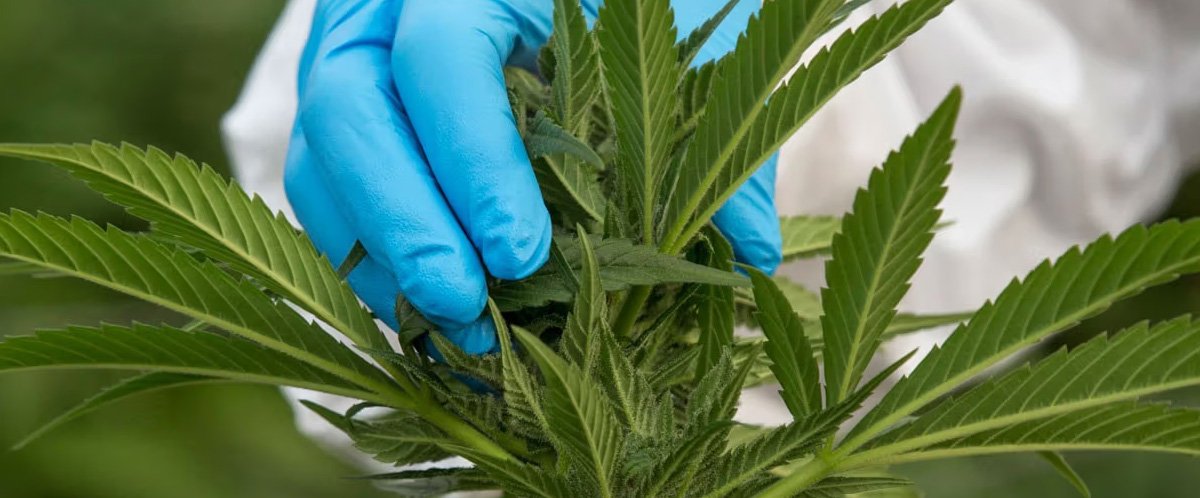
The legal status of cannabis cultivation has undergone significant historical changes. In the early 20th century, most countries considered cannabis an illegal substance, primarily due to its perceived addictive potential and negative impact on social order. However, in the 21st century, with the advancement of scientific research and changes in social concepts, more and more countries have begun to re-evaluate the legal status of cannabis.
For example, Canada and Uruguay became the first countries in the world to fully legalize cannabis, while in the United States, although cannabis remains an illegal substance at the federal level, several states have passed legislation allowing its medical and/or recreational use. These legal changes reflect growing public awareness of cannabis’s potential medical value and low addictive nature.
In Europe, the Netherlands has long been regarded as a pioneer in cannabis policy, although it has not actually fully legalized cannabis, but has adopted a tacit strategy. In addition, countries such as Germany, Italy and Portugal have also relaxed restrictions on medical cannabis to some extent.
This legal evolution not only reflects changes in the perception of cannabis, but also exposes the differences in international law on drug control. This legal diversity on a global scale demonstrates the different considerations and strategies that countries have in facing public health, social well-being, and law enforcement.
Overview of regions where cannabis cultivation has been legalized:
Globally, the legalization of cannabis cultivation shows diversity in different countries and regions. Here are some of the main regions and countries:
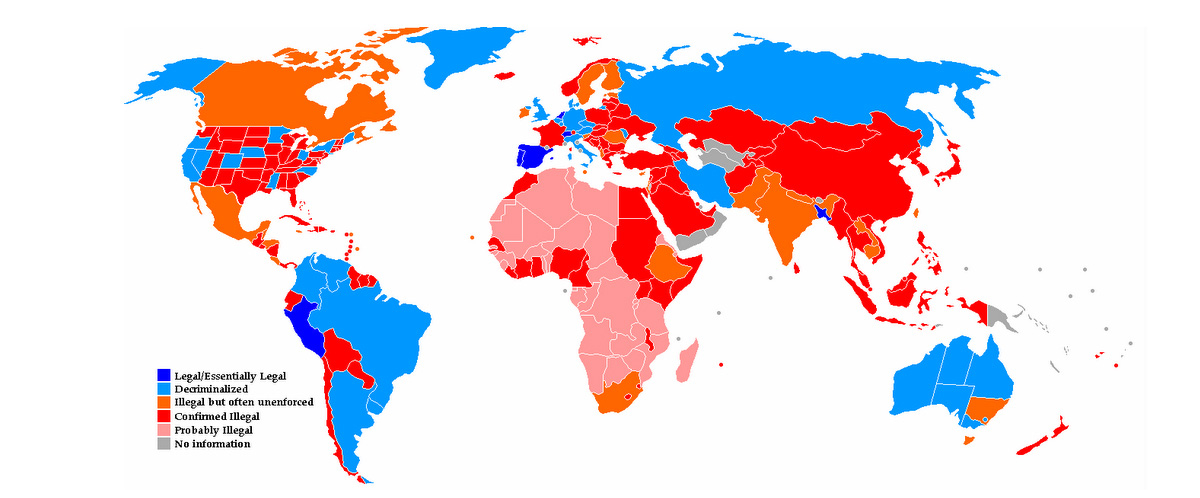
Canada: In 2018, Canada became the first major economy in the world to legalize recreational cannabis. The law here allows individuals to grow small amounts of cannabis at home and sets a strict licensing and regulatory regime for commercial cultivation.
Some states in the United States: Cannabis remains illegal at the federal level, but several states including California, Colorado, and Washington have legalized the cultivation and sale of cannabis for medical and use purposes.
Uruguay: Since 2013, Uruguay has become the first country in the world to fully legalize the cultivation, sale and consumption of cannabis. Residents here can grow cannabis at home or purchase it through registered dispensaries.
Thailand: Thailand has legalized medical cannabis and relaxed certain restrictions on its use and cultivation.
Netherlands: Although the Netherlands’ policies on cannabis are generally seen as relaxed, in fact large-scale cannabis cultivation is still illegal. Cafes can sell cannabis under restricted conditions, but cultivation remains restricted.
South Africa: In 2018, South Africa’s Constitutional Court ruled that private cultivation and use of cannabis at home is legal, but its use and sale in public places remains illegal.
Mexico: Cannabis for medical and scientific purposes has been legal in Mexico since 2016.
Ecuador: Legalized medical cannabis in 2019, but recreational use remains illegal.
Peru: Since 2021, it is legal to grow, import, transport and sell cannabis for medical purposes.
Israel: Medical use is legal and is transitioning to full legalization.
Parts of Australia: In Australia, some states have legalized medical cannabis, but attitudes towards cannabis cultivation for recreational use remain conservative.
Spain: The cultivation and use of cannabis on private premises is legal in Spain, but public consumption and trade is illegal.
Germany: Cannabis is legal in Germany under strictly controlled medical circumstances. However, recreational use remains illegal.
As the legal status of cannabis cultivation changes, the need for smart agricultural solutions grows accordingly. At this critical moment, VANQ, as a pioneer in smart agricultural solutions, focuses on innovative and efficient solutions to ensure that you obtain the maximum yield and best quality of crops at the minimum cost. Click the dialog box below to contact us to learn about the latest cannabis cultivation-related technologies and products.



